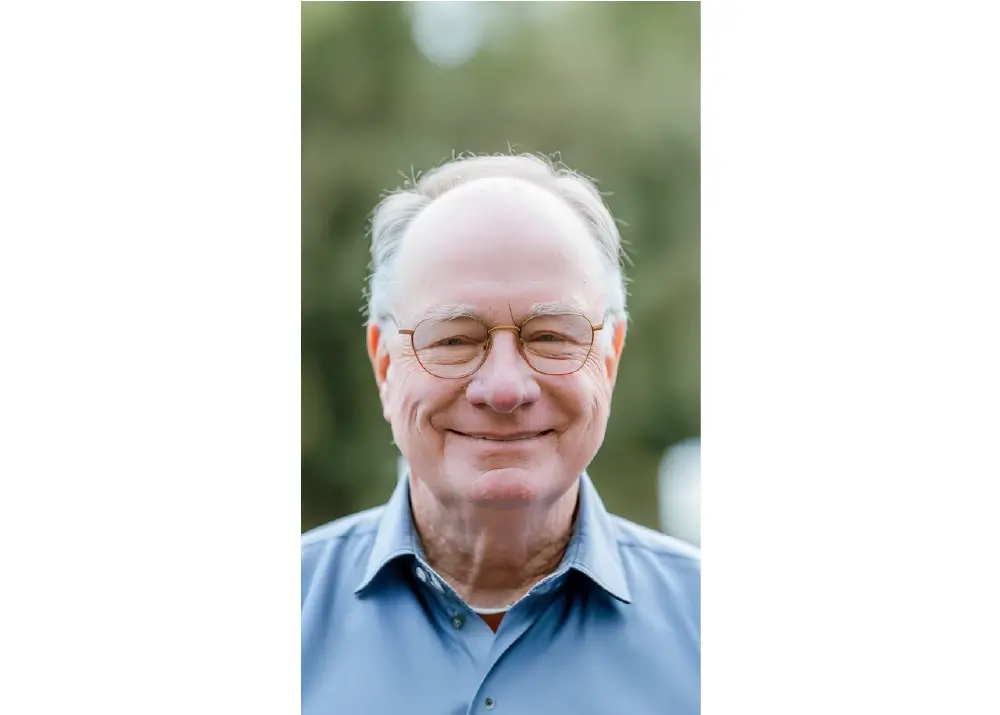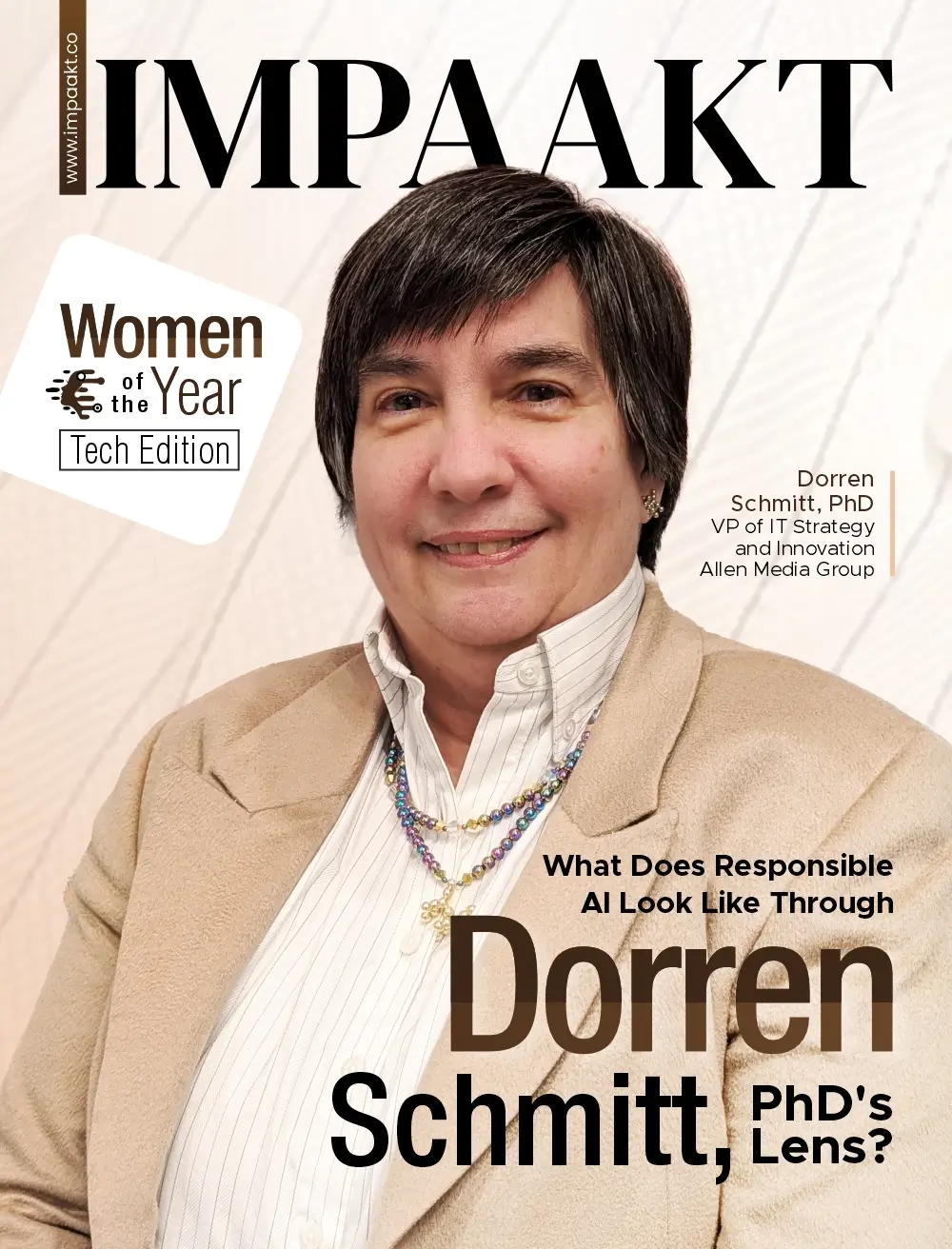Education, always under the microscopic scrutiny of change makers, has been witnessing sea of challenges. Starting from accessibility, technology infrastructure to innovation in pedagogy; challenges have been omnipresent.
Amongst many challenges, infusing HUMAN EXPERIENCE in the education process has been the most unaddressed one. And to solve the crisis, Michael Carter, Director of Text Genome who also worked with most prestigious institutions like Apple, Stanford University and The William and Flora Hewlett Foundation made his life mission to design and structure education curricula along with simulation devices and technology for the dynamic learning of students.
Moving towards his vision of “education for all,” Michael had been working tirelessly, since 1970; earning more than 43 experiences and contributing to millions through education courses. He has many feathers to his cap. Starting from an academician to developing digital role-playing simulations to tailoring solutions to problems like illiteracy and innumeracy, Michael Carter has changed the way the worlds looks at education.
Michael Carter’s profound contributions to innovation and social change in education have left an indelible mark on the landscape of learning and technology. With a career spanning several decades, he has consistently demonstrated a visionary approach to education, leveraging emerging technologies and pioneering methodologies to enhance the educational experience for learners across the globe.
We, at IMPAAKT, engaged with Michael to learn how experience can play a massive role in education.
Lets dive into his story!
How did it START?
Michael’s journey commenced in Paris, where he delved into the complexities of human experience, a foundation that would later inform his educational philosophy. His early career as a history professor at Dartmouth College witnessed the genesis of his innovative spirit. Here, he began developing digital role-playing simulations for his students, a harbinger of his commitment to hands-on, immersive learning experiences.
In 1980, Michael’s return to Stanford University marked a pivotal moment in his career. His collaboration with faculty colleagues to harness emerging technologies for innovative instruction showcased his ability to foresee the transformative potential of these tools. His advisory role to luminaries such as Steve Jobs at Apple and his instrumental support for Doug Engelbart’s Bootstrap Institute underscore his knack for identifying and nurturing groundbreaking ideas.
How Michael Integrated Technology into Classroom?
As the Director of Education Research in the Advanced Technology Group at Apple, Michael oversaw global research initiatives and spearheaded diverse projects aimed at incorporating computing and multimedia technology into educational settings. His visionary leadership paved the way for the integration of technology into classrooms, revolutionizing the way students learn.
Michael’s journey did not stop at Apple. He ventured into startups, designing games that empowered pre-readers and middle schoolers to enhance their storytelling abilities and grasp complex subjects like mathematics and science. His commitment to making education accessible and engaging was further demonstrated in his role as VP Education for a startup that collaborated with leading business schools to offer executive education in areas like sales, leadership, and service management.
Tailored Solutions, Outstanding Results
In 2001, Michael assumed the role of Chief Learning Officer for a consortium of prestigious universities, where he created courses tailored for alumni, from recent graduates to veterans of World War II. Michael Carter’s dedication to lifelong learning and his ability to bridge generations through education became evident.
IMPACT through Digital Media
Michael’s impact extends beyond traditional academia. He played a pivotal role in founding the field of Open Education Resources (OER) with the William and Flora Hewlett Foundation. His collaboration with the John D. and Catherine T. MacArthur Foundation catalyzed advancements in digital media and learning.
Michael’s designs of modern online courses, educational games, and science lesson plans have empowered learners globally, making education more accessible and engaging.
Summing Up
Michael Carter’s contributions to innovation and social change in education represent a remarkable journey marked by visionary thinking, technology integration, and a steadfast commitment to making learning accessible and transformative. His work continues to shape the future of education, ensuring that learners of all backgrounds can access quality education and adapt to the ever-evolving demands of the digital age.
Michael Carter stands as an exemplar of how passion, innovation, and dedication can drive positive change in education and, by extension, society at large.
To be designed Separately:
A Quick Wrap
- Early Years in Paris: Studied human experience with Claude Levi-Strauss, Jacques Lacan, and Michel Foucault in Paris.
- Early ’70s: Initiated his teaching career as a professor of early modern European history at Dartmouth College and developed digital role-playing simulations for his students.
- 1980: Returned to Stanford University. Assisted the faculty to utilize emerging technology for innovative instructional applications. He also advised Steve Jobs at Apple and NeXT and found a location on campus for Doug Engelbart’s Bootstrap Institute.
- 1989: Started as Director of Education Research in the Advanced Technology Group at Apple.
- 2000s: After leaving Apple, worked at a series of startups where he designed and produced educational games for pre-readers and middle schoolers in subjects like mathematics and science.
- VP Education for a Startup: Developed a platform and produced courses with professors from leading business schools to help executives in corporations like Intel and GE study sales, leadership, service management, and negotiations.
- 2001: Scaled up as the Chief Learning Officer for a consortium of Oxford, Princeton, Stanford, and Yale universities. He produced courses for their alumni, ranging from new graduates to veterans of World War II.
- 2002: He began working with foundations to create and scale new fields of research and practice. With the William and Flora Hewlett Foundation, he helped found the field of Open Education Resources. Later, with the John D. and Catherine T. MacArthur Foundation, he studied, edited, and published the first efforts in the field of digital media and learning.
- Continued Work in Education: Michael Carter continued his work in education by designing modern online courses, developing games for various educational purposes, and curating science lesson plans for Lifeliqe.com. He also contributed significantly to vocabulary activities for ReadWorks.org and Gates Ventures OER courses.
- Problem Solving and Scaling Solutions: Over the years, he gained expertise in tailoring solutions to problems like illiteracy and innumeracy and finding partners to scale those solutions.











